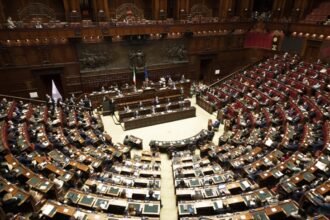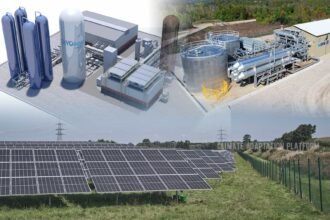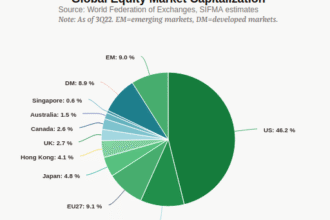Nations are reshaping energy trade routes and investing heavily in security infrastructure amid shifting alliances, supply disruptions, and the ongoing global transition to renewables.
Shifting Trade Corridors in Global Energy
Recent geopolitical tensions have redefined global energy flows. Europe’s reduced dependence on Russian gas has accelerated LNG imports from the United States, Qatar, and Australia, while Asian markets are diversifying oil supplies through strategic partnerships in the Middle East and Africa.
Strategic Investments in Energy Infrastructure
Countries are investing billions in pipelines, storage facilities, and renewable energy grids to enhance resilience. Projects like the Trans-Saharan Gas Pipeline and the India-Middle East-Europe Economic Corridor aim to secure energy routes while supporting trade integration.
Renewable Energy and Supply Security
The global transition to renewables introduces new security challenges. Dependence on critical minerals — such as lithium, cobalt, and rare earth elements — has shifted strategic focus from oil fields to mining regions, making supply chain stability a key policy priority.
Cooperation Over Competition
International organizations including the G20 and IEA are calling for coordinated approaches to manage the global energy transition. Shared storage, interconnectivity, and cross-border energy trading are seen as vital tools to ensure both sustainability and security.














